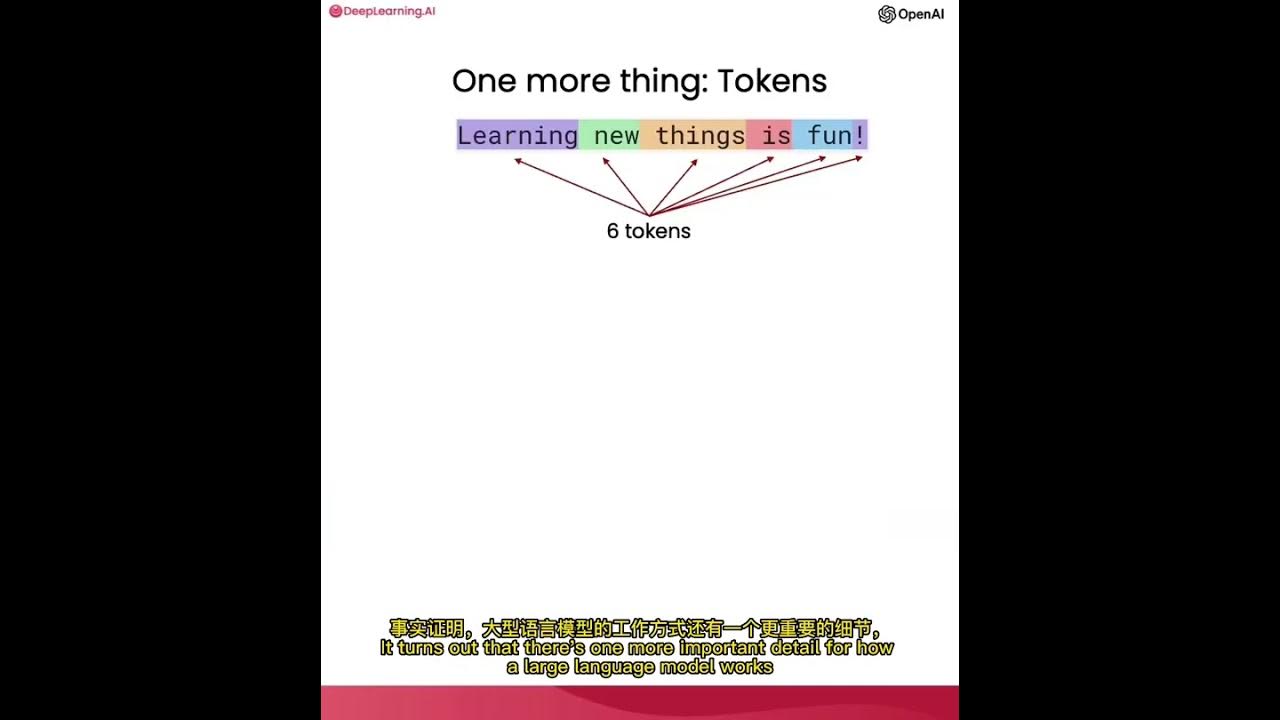上班党如何学习语言? 国外超火原子习惯培养法!不再抱怨没有时间学习了!
Summary
TLDR视频讲述了如何通过建立良好的学习习惯来提高语言学习效率。作者分享了自己在学习六种外语过程中的经验,强调了激情、自律和坚持的重要性,并介绍了如何利用日常生活中的碎片时间进行学习。通过结合《原子习惯》和Dr. Fogg的Tiny Habits理论,提出了将小习惯与大目标结合的方法,以及如何通过提示、能力和动机三个要素来设计行为改变。视频还提供了具体的策略,如习惯捆绑、让习惯变得吸引人、易于执行和自我奖励,以帮助观众在忙碌的生活中坚持学习。
Takeaways
- 📚 学习语言不一定需要每天投入大量时间,15-30分钟的坚持也能带来进步。
- 🤯 学习习惯的建立比单纯依赖动力和意志力更为重要。
- 📈 即使是小习惯,经过时间的积累也能产生巨大的变化。
- 🔥 激情和自律对于学习语言非常重要,但也需要良好的学习习惯来支撑。
- 🎯 结合大目标和小习惯是成功的关键,而不是仅仅强调目标设定。
- 🌟 行为的发生需要动机、能力和提示三个要素同时存在。
- 📅 通过将新习惯与已有的日常习惯捆绑,可以更容易地培养新习惯。
- 🚀 保持习惯的连续性,即使在忙碌或精力不足时也不要打破学习链。
- 📌 让新习惯变得简单,以便更容易执行和坚持。
- 🎉 为自己设定小目标,并在达成时给予自己奖励,以增强学习的动力。
- 🌱 逐步增加学习任务的难度,让习惯在小步骤中逐渐成长。
Q & A
视频博主提到了哪本书,它主张成功来自于什么?
-视频博主提到了《Atomic Habits》这本书,它主张成功不是来自大的改变或目标,而是来自于积累日常的小习惯。
视频博主认为,与单纯设定目标相比,建立什么系统更为重要?
-视频博主认为,与单纯设定目标相比,建立学习习惯系统更为重要。
根据视频博主的经验,学习六种外语的关键在于什么?
-根据视频博主的经验,学习六种外语的关键在于激情、自律和坚持,这些都需要良好学习习惯的支持。
视频博主提到了哪个模型来帮助理解如何设计行为改变?
-视频博主提到了Dr. Fogg的模型来帮助理解如何设计行为改变。
Dr. Fogg提出的一个行为发生的三个元素是什么?
-Dr. Fogg提出的一个行为发生的三个元素是动机(Motivation)、能力(Ability)和提示(Prompt)。
视频博主如何使用Dr. Fogg的方法来学习阿拉伯语?
-视频博主在早晨喝咖啡的时候,会花五分钟阅读一两个阿拉伯语新闻标题。
视频博主建议如何利用日常生活中的碎片时间进行语言学习?
-视频博主建议把握日常生活中的碎片时间,如早晨的一杯咖啡时间、午餐后的短暂休息时间、下班后的公交车上的半小时等,来进行语言学习。
视频博主提到了哪四个行为改变法则?
-视频博主提到了四个行为改变法则:使提示更明显、使好习惯更有吸引力、简化响应、设置愉悦点(奖励自己)。
视频博主为什么强调不要打破连续学习的习惯?
-视频博主强调不要打破连续学习的习惯,因为即使每天只学习很少的时间,也能保持学习的动力和连续性,避免习惯的中断。
视频博主建议如何让学习习惯逐渐成长?
-视频博主建议从小事做起,慢慢增加任务量,让学习习惯逐渐成长。
视频博主如何看待语言学习过程中的每一个小步骤和错误?
-视频博主认为每一个小步骤的进展都值得庆祝,每一个错误都是学习过程的一部分,从中学习并改正是有价值的。
Outlines

This section is available to paid users only. Please upgrade to access this part.
Upgrade NowMindmap

This section is available to paid users only. Please upgrade to access this part.
Upgrade NowKeywords

This section is available to paid users only. Please upgrade to access this part.
Upgrade NowHighlights

This section is available to paid users only. Please upgrade to access this part.
Upgrade NowTranscripts

This section is available to paid users only. Please upgrade to access this part.
Upgrade NowBrowse More Related Video

Building up your English Brain | part 3 | __Jackson Tech's

5 MICRO HABITS that help me become FLUENT in any language

How to learn a language? Polyglot in 7 languages shares super detailed tips!

Teaching Vocabulary to Young Learners Through Brain-Based Teaching Strategies by Setenay Çelik

Duolingo is STILL BAD for Learning Japanese in 2025 (QUIT WASTING TIME)

使用ChatGPT API构建系统1——大语言模型、API格式和Token
5.0 / 5 (0 votes)
